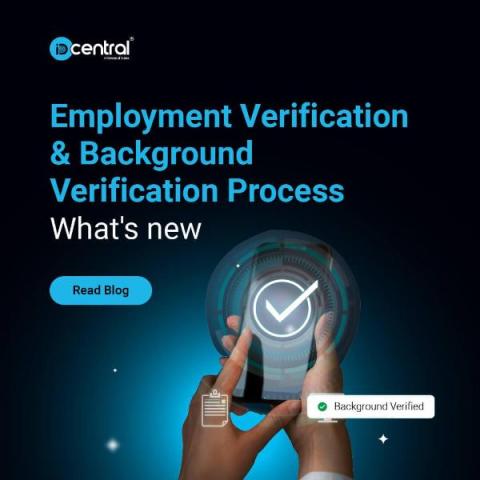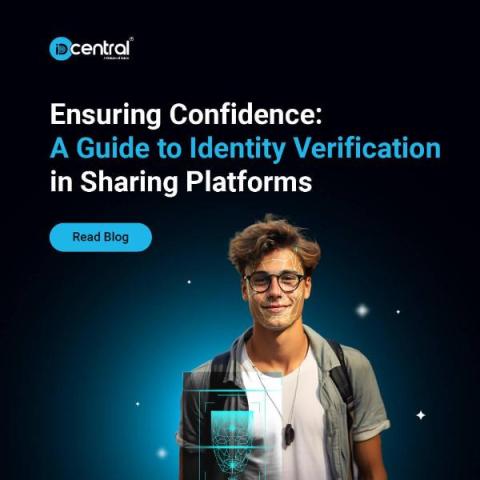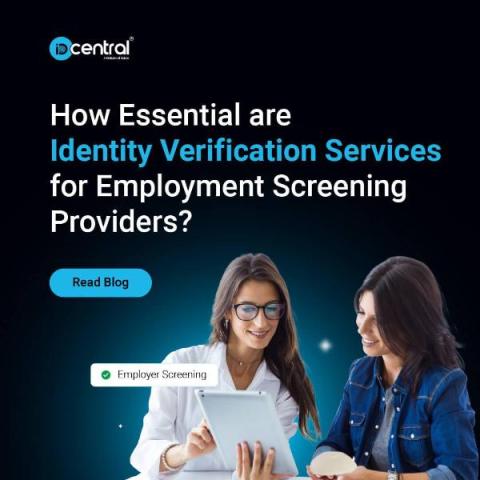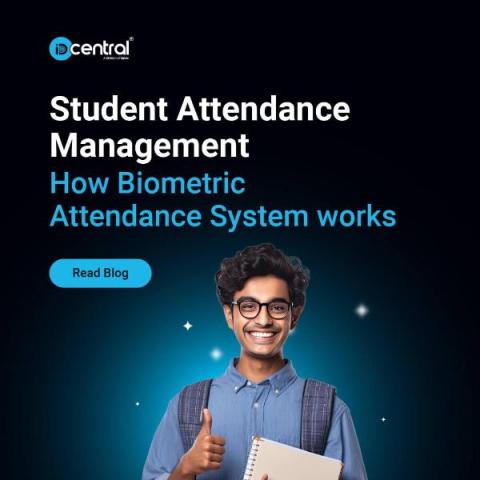Tiered KYC in Indian Payment Banks: Boosting Financial Inclusion
In India’s dynamic digital finance landscape, Payment Banks play a crucial role in extending banking services to the underbanked and unbanked populations. These banks are at the forefront of a financial revolution, aiming to secure and authenticate transactions through the stringent Know Your Customer (KYC) mandates set by the Reserve Bank of India (RBI).











